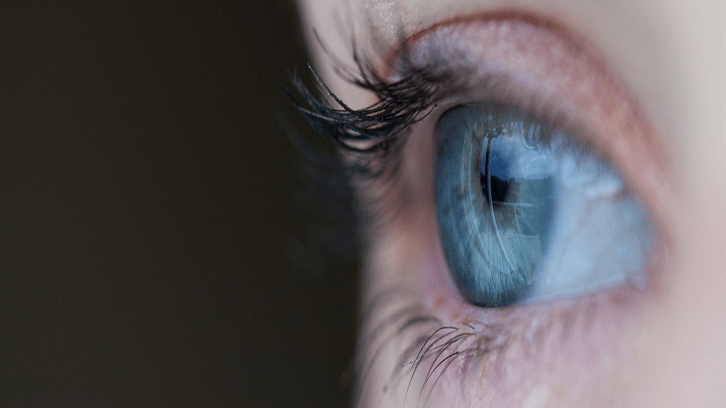Psycho-ophthalmology: a new view on glaucoma from Health Psychology.

Glaucoma is an ophthalmological disease that has no symptoms in its initial stages, although it can cause irreversible blindness through the progressive damage of the optic nerve by a progressive increase of intraocular pressure; in fact, glaucoma has become the second cause of avoidable blindness worldwide.
However, the psychological aspects of glaucoma have not yet been systematically considered by health workers, which contrasts with the attention paid both from basic science and from clinical intervention to a wide range of diseases such as cancer, cardiovascular diseases or infectious illnesses such as AIDS, among many others.
For this reason, and in order to systematize the existing knowledge in the scientific literature on the cognitive, affective and behavioral aspects related to the diagnosis and treatment of glaucoma, we reviewed the scarce scientific literature published from 1940 to 2106 in the main databases in the fields of Medicine and Psychology (Psicodoc, PsycInfo and Medline), which allowed the identification of sixty-six studies.
These documentary sources were grouped into 3 clusters related to respective glaucoma intervention areas in which the Health Psychology, from a new subdiscipline that we denominate Psycho-ophthalmology (Méndez-Ulrich and Sanz, 2017), can contribute with its knowledge and methods to improve the health and quality of life of people with this disease.
These areas are:
(1) The physiological effects of stress on intraocular pressure levels, which greatly determine the course of glaucoma.
(2) the emotional impact of the diagnosis.
(3) the compliance with the medical prescriptions.
Firstly, this systematic review showed that many studies suggest that intraocular pressure is reactive to stressful situations, in a similar way to blood pressure and that it coined the term "white coat hypertension", concerning the psychosocial processes that bias the evaluation of this cardiovascular parameter.
Regarding the emotional impact of the diagnosis, the revised scientific literature shows that it places the person in front of a threat for their health and their functional capacities; and that many studies have observed that a high percentage of glaucoma patients develop affective disorders such as anxiety or depression; therefore, it is very convenient to provide the adequate psychological care.
Finally, there is a risk of low adherence to medical prescriptions, which is estimated to be three times higher in depressed people, so it is essential to control the possible effect of affective disorders on compliance.
In short, the systematic review made possible to identify the utility of the inclusion of a complementary psychological intervention to medical treatment also concerning the health of the visual system, so it is necessary to intensify basic and clinical research about the interaction of the cognitive, affective and behavioral processes on the causes, diagnosis and course of glaucoma.
Therefore, Psycho-ophthalmology has in its front an extensive field to develop in the future, to which we invite to join all the professionals who work not only in glaucoma, but in other health problems of the visual system, able to benefit from this new approach.
antonio.sanz@uab.cat
Research group on Stress and Health (GIES)
Faculty of Psychology
Universitat Autònoma de Barcelona
References
Jorge Luis Méndez-Ulrich & Antoni Sanz (2017). Psycho-ophthalmology: Contributions of Health psychology to the assessment and treatment of glaucoma, Psychology & Health, 32:3, 330-342,
dx.doi.org/10.1080/08870446.2016.1268690


